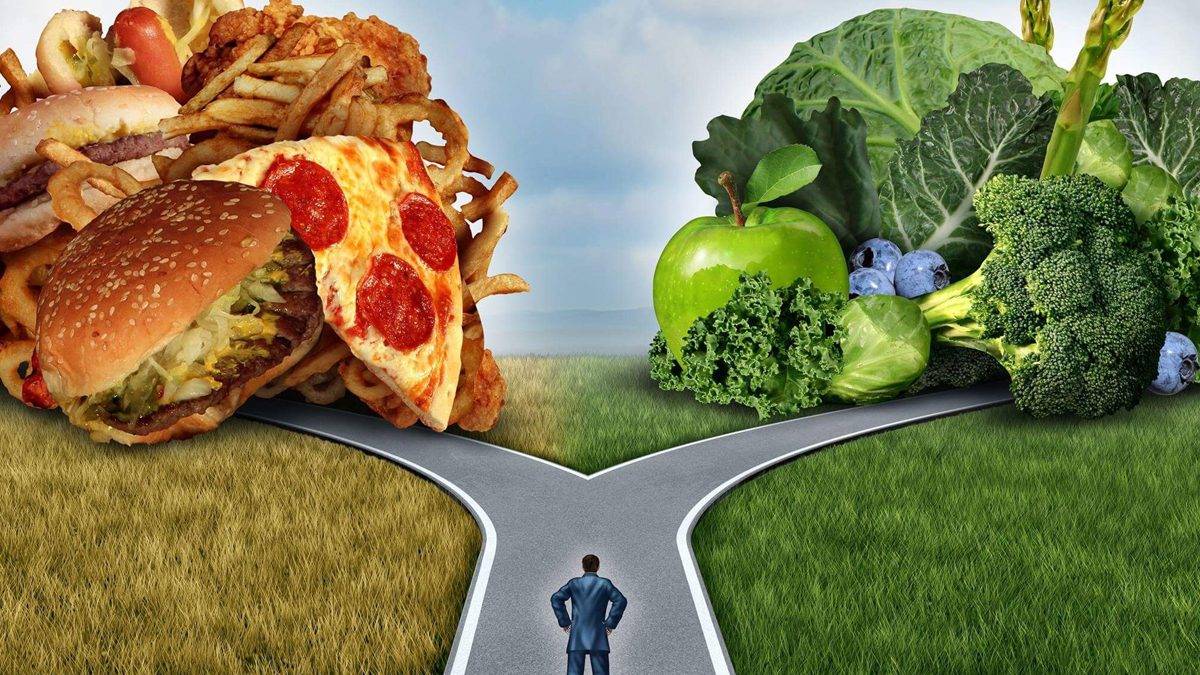Changing eating habits is challenging for many people. While it’s possible to change what, when, or how much we eat for a while, old habits often return once our willpower fades. But why is it so difficult to break away from unhealthy eating patterns?
Understanding the Root Causes
Dr. Kari Anderson, Executive Director of Green Mountain at Fox Run, explains that our brains are designed to ensure survival, and food plays a crucial role in that process. When we change our eating habits, the brain perceives it as a potential survival threat and triggers fear. This reaction is more intense for individuals who have experienced food insecurity, chronic dieting, or eating disorders.
Beyond nourishment, food is tied to emotions and a sense of security. According to the Polyvagal Theory, eating can mimic the comforting and calming effects of social bonds. For many people, food becomes a source of emotional comfort, love, and safety, making changes even harder.
The Battle Between Reason and Survival
While the logical part of our brain encourages us to make thoughtful decisions about what we eat, stress or fatigue can cause a shift to survival instincts. At these times, it’s harder to resist old habits because the brain prioritizes quick, automatic responses over rational planning.
The Path to Sustainable Change
Changing eating habits is difficult for most people. We can manage to alter what, when, and how much we eat temporarily, but eventually, old habits resurface. So, why is it so hard to break free from unhealthy eating behaviors?
Understanding the Root Causes
Dr. Kari Anderson, Executive Director of Green Mountain at Fox Run, explains that our brains are wired to help us survive, and food plays a crucial role in that. When we attempt to change our eating habits, our brain perceives the disruption as a threat to survival, triggering fear. This is particularly true for those who have faced food insecurity, chronic dieting, or eating disorders.
Food isn’t just nourishment—it’s emotionally significant. According to the Polyvagal Theory, food can provide emotional comfort, mimicking the calming effects of social connections. For many, food represents more than fuel—it offers a sense of love and security.
The Battle Between Reason and Survival
Our higher-level brain allows us to plan and make rational decisions, but stress and fatigue can trigger primal survival instincts, making it hard to stick to new eating habits. This default to the reptilian brain often derails efforts to change.
The Path to Sustainable Change with Willing Ways
The good news is that change is possible. Willing Ways offers science-based solutions to help individuals rewire their relationship with food and create lasting, positive changes. Programs like Green Mountain at Fox Run, provide the support and tools needed to overcome unhealthy eating patterns and achieve a healthier mindset.
To learn more about making permanent changes in your eating habits, stay tuned for the next post, “The Secret to Changing Eating Behavior for Good.”

